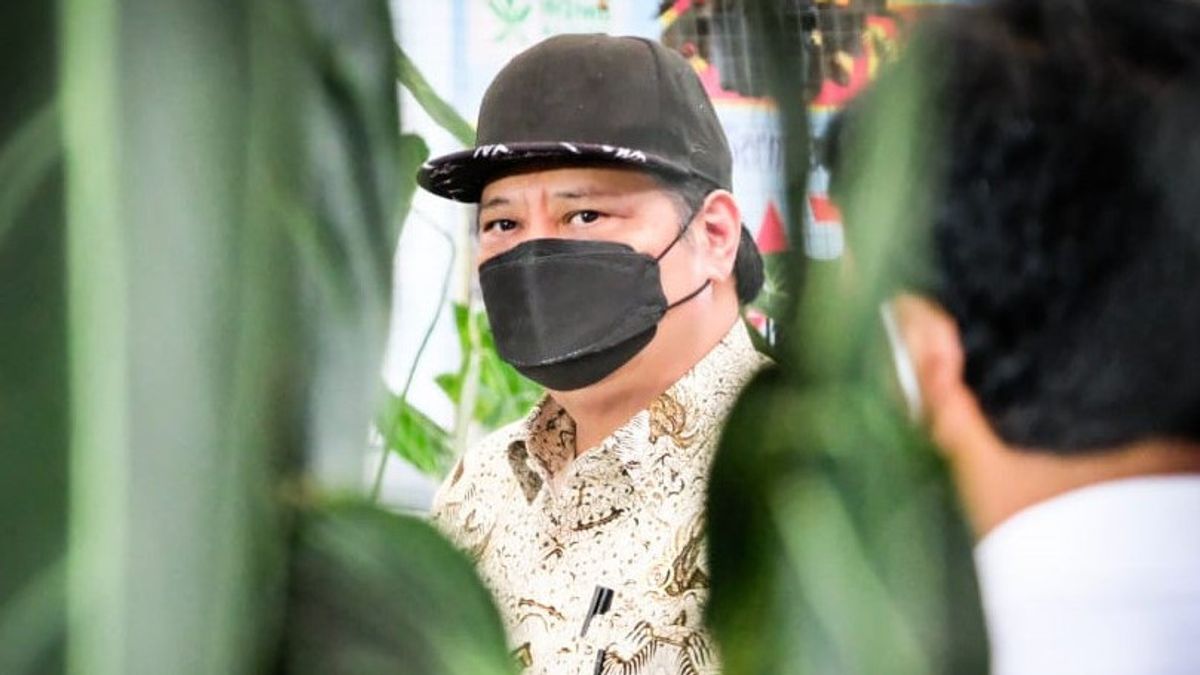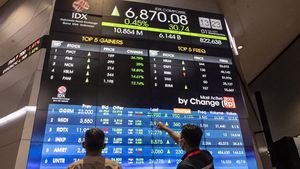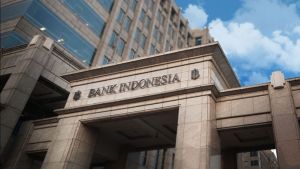JAKARTA - Since last year the government has implemented a national economic recovery program to reduce the impact of the COVID-19 pandemic. This policy has produced results and is seen in the positive trend of the national economy in the second quarter of 2021 which grew by 7.07 percent.
Almost all sectors of the economy showed improvement. This is in line with the controlled cases of COVID-19, improving domestic demand and improving global economy, especially trading partner countries.
The film sector is one of the sectors affected by the COVID-19 pandemic. Starting from the cessation of the production process which involved many art workers and also the closing of cinemas to stop the spread of COVID-19. To that end, the government has evaluated policies aimed at reviving the national film industry.
"The opening of cinemas has been carried out in line with the improvement of the PPKM level. This is implemented in the PPKM Level 3 and 2 areas. The PeduliLindung application is also used to limit the entry of spectators, and it is not allowed to sell food and drinks in the cinema area," explained Coordinating Minister for Economic Affairs Airlangga Hartarto in Webinar Socialization of Independent Censorship Culture, virtually on Wednesday 22 September.
During this COVID-19 pandemic, industry players in various sectors must be able to continue to innovate in order to adapt. Coordinating Minister Airlangga said that during the COVID-19 pandemic the film industry opened up with new opportunities, namely in the form of streaming services based on digital platforms with video on demand.
Based on statistical data, revenue from Indonesia's video on demand subscriptions could reach US$411 million in 2021 with user penetration of 16 percent in 2021 and is expected to increase to 20 percent in 2025.
"This streaming service is an additional opportunity for the film industry because it can reach a wider market and even enter the global market. This is a great opportunity for Indonesian filmmakers who are active regionally and globally," continued Coordinating Minister Airlangga.
Supporting this potential, the government formulated rules for video on demand services with the aim of protecting the domestic industry so that it can grow and be well maintained without losing the public's right to get good viewing.
On the other hand, the presence of digital-based films makes film shows more diverse and requires a filtration process. Coordinating Minister Airlangga emphasized that this development must be accompanied by a filtration and censorship process that is in accordance with the norms and culture and religious aspects of the Indonesian nation. There needs to be information regarding the correct age classification to watch the film.
"We welcome and appreciate the Indonesian Film Censorship Institute which has launched a culture of independent censorship to encourage people to choose and sort in watching according to age classification. It is also hoped that parents will continue to monitor what their family members watch," concluded Coordinating Minister Airlangga.
The English, Chinese, Japanese, Arabic, and French versions are automatically generated by the AI. So there may still be inaccuracies in translating, please always see Indonesian as our main language. (system supported by DigitalSiber.id)













